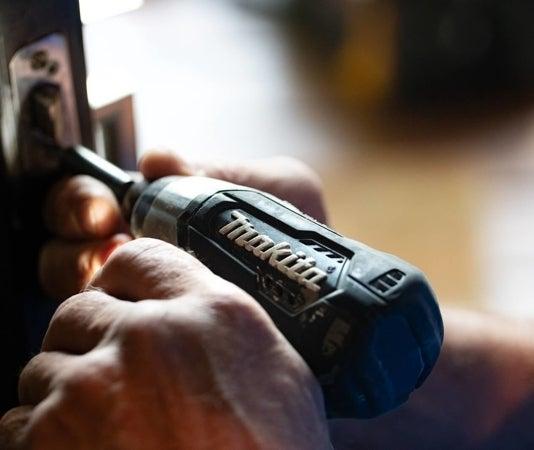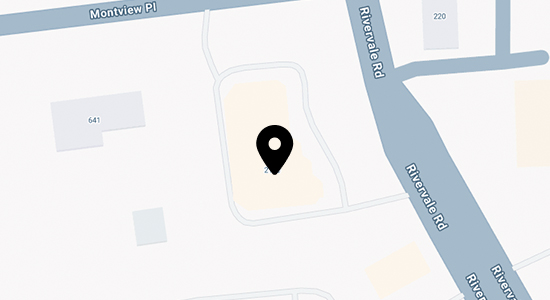- Contact Us Now: (201) 494-2800 Tap Here To Call Us
FHA Loan Requirements for Repairs

As a home serves as collateral for a mortgage, a lender must ensure that it meets certain minimum standards. A lender for a Federal Housing Administration (FHA) loan might require repair of certain defects as a condition of financing.
The Basics
The FHA insures loans made by lenders that are approved to do business with the government agency. The FHA pays the lender’s unrecovered losses after a borrower defaults. The Department of Housing and Urban Development, or HUD, oversees the FHA and sets minimum property standards that lenders must adhere to. Lenders use an appraisal inspection process to help them determine whether a home meets eligibility requirements in its current condition, or whether further specialized inspection and repair is required.
History
Historically, the FHA required repair of minor property deficiencies, causing many sellers and borrowers to shy away from using its programs. In 2005, the FHA announced that it would no longer require mandatory repair of cosmetic issues or normal wear and tear. Instead, the FHA places the responsibility for determining whether a home needs repair on the lender, advising lenders to use “professional judgement” and “prudent underwriting practices” in decision-making, according to an official letter sent to lenders.
Clarification
The FHA asks that lenders limit repair requests to items which jeopardize structural soundness and occupant safety. Although FHA appraisers must report all observed deficiencies, a loan should not be rejected based on minor defects such as missing handrails, cracked windows, defective paint or plaster in homes built after 1978, leaky faucets, worn counters or flooring and poor workmanship. Property conditions that present a risk and therefore require repair prior to closing include leaking or worn-out roofs, foundation damage and defective paint surfaces in pre-1978 homes, which indicates a lead-based paint hazard. A lender may still require repair of items considered “minor” by FHA standards.
Possibilities
The FHA makes it possible to finance repair work with a 203(k) rehabilitation loan. The program can be used to refinance or purchase a home in need of moderate to substantial repair, including cosmetic work, and pays for the project as work is completed. It involves a trust account used to fund the work after the close of escrow. The lender makes the loan based on the projected value of the house after improvements and requires oversight of the work through periodic inspections and invoice reviews.
If you have questions about buying or selling a home, financing, or other real estate law questions, contact The Law Office of Joseph A. DiPiazza, LLC at (201) 494-2800.


